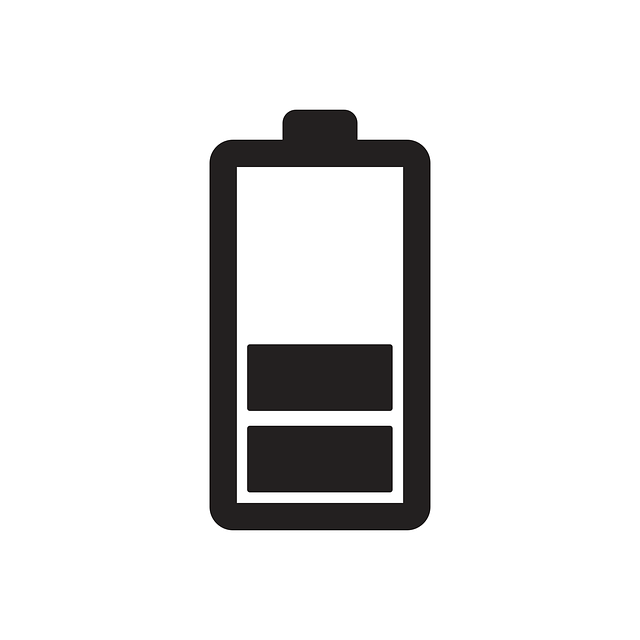Medical Lithium Ion Battery Import-Choice and Shipment
Mar 27, 2020 Pageview:1126
Lithium batteries are thin, lightweight and have a long service life due to their high energy density. It makes them suitable for medical equipment and electronic medical appliances. When devices themselves are smaller, more compact, and more commonly used in the home, many designers and manufacturers are looking for a smaller and more compact energy source, thus optimizing power and efficiency.
A variety of medical devices and medical electrical appliances are powered by lithium and lithium-ion batteries such as hearing aids, pacemakers, surgical instruments, medical defibrillators, robots, infusion pumps, monitors and meters are only a few examples of medical devices that have benefited from the incorporation of lithium ion batteries into their design and function.
In this article, we have discussed import of medical lithium ion batteries in detail so that you can have all knowledge regarding shipment of lithium ion batteries.
Can you import medical lithium ion battery?
Although most of the lithium batteries are hazardous, some overheated and fire caught up. When ignited, they will overheat and catch fire from any nearby batteries. These fires are hard to put out and are creating poisonous and dangerous fumes.
When shipping lithium batteries or products containing them, you should bear in mind other risks aw well which are as follows:
Your shipment may end up on an airplane, because it may not be clear which mode of transport will be used when sending goods.
It may not be necessary to extinguish all forms of lithium battery fires.
You must take special care to prevent short circuits and fires in packaging air transport batteries.
Also of concern are counterfeit and no-brand lithium batteries, as they may not have been tested on health. These lithium batteries can be poorly built, have no safety or have faults in the manufacture.
It is also very necessary to carefully package lithium batteries irrespective of shipping method:
Detach each battery from any metal object in the package to prevent short circuits.
Insulate battery terminals with a non-conductive material like electrical tape, or place each battery in a plastic bag.
Properly Packaging the batteries to avoid moving during transportation.
How do you choose good imported medical lithium ion battery?
It is very much important to choose good imported medical lithium ion battery. In order to export or import lithium ion batteries, including those found in or bundled with devices and equipment, you must know all the rules and regulations of shipment and the batteries as part of the contents to mail carriers, couriers or transportation companies that meet all other shipping requirements in the TDG Regulations. However, Lithium ion batteries are dangerous goods, similar to petrol, propane, and sulphuric acid that is why precautions and regulations must be followed to avoid any mishap during transportation.
You must meet the shipping criteria for hazardous goods when transporting lithium batteries, whether alone, contained in or bundled with devices and equipment. Various laws apply, depending on whether you are moving by air or by land.
The following are some of the important points to be noted when choosing good imported medical lithium ion battery.
The safe handling, transportation, storage and import of lithium batteries is also necessary by defining the specifications for classification, registration, marking, packaging and training to choose good medical lithium ion batteries.
Buy lithium batteries from a reputable supplier or dealer who has published evidence that the batteries have been checked and are in line with the UN Check and Standards Manual.
All designs and types of lithium batteries must meet the specifications set out in the Manual of Tests and Standards for safe shipping.
Shippers and importers must meet the criteria for storage, offering for shipping, shipping and import of lithium batteries in Canada set out in the TDG Regulations. Requirements differ according to mode of transport.
Lithium batteries undergo stringent testing in compliance with the United Nations Manual of Testing and Criteria. If the conditions are not met by a lithium battery then the manufacturer must correct any failures and have it retested. This guarantees a higher degree of protection for the defects or weaknesses in medical equipment.
Eight tests are described in UN Manual of Tests and Criteria. Required tests differ according to lithium battery form and design.
How do you ship imported medical lithium ion battery?
Shipment of imported medical lithium ion battery can be possible in two ways;
1.By air
2.By ground
Air shipping of medical lithium ion battery
The TDG Regulations allow you to:
Comply with the latest Technical Guidelines of the International Civil Aviation Organization (ICAO) and some additional specifications of the TDG Regulations when transporting medical lithium ion batteries by aircraft.
Air transport or foreign import of medical lithium ion batteries
According to the TDG Regulations, it allows you to comply with the ICAO Technical Guidance and certain additional provisions of the TDG Regulations when exporting or transporting medical lithium ion batteries internationally by aircraft.
Furthermore, you must observe the TDG Regulations when importing lithium batteries. The TDG Regulations define the classification, reporting, labelling and training specifications for shipping the lithium ion batteries including medical lithium ion batteries. However, you have to report it to mail carriers, couriers or transportation companies before dispatching the batteries.
Before importing them it is necessary to make sure that the lithium batteries in your shipment are not counterfeited.
Acceptance of travel products
Please be mindful of what you approve and importing to any country. It will be quite helpful if you read the regulation of medical lithium ion batteries before shipping it to a specific country.
You will learn if the container for shipping includes lithium batteries, is stored in the equipment or packed with the equipment.
NOTE, whatever mode you use to ship your lithium batteries, your shipment could end up on an aircraft. You must: schedule your shipment OR state that the shipment of the batteries is only for ground transport otherwise it will b too costly.
Also, you are forbidden from transporting or importing any of the medical lithium ion batteries by aircraft that are:
Damaged
Faulty
Recycled
This prohibition applies whether or not such lithium batteries are found in the equipment.
Leave Message
Hottest Categories
-
Hottest Industry News
-
Latest Industry News












